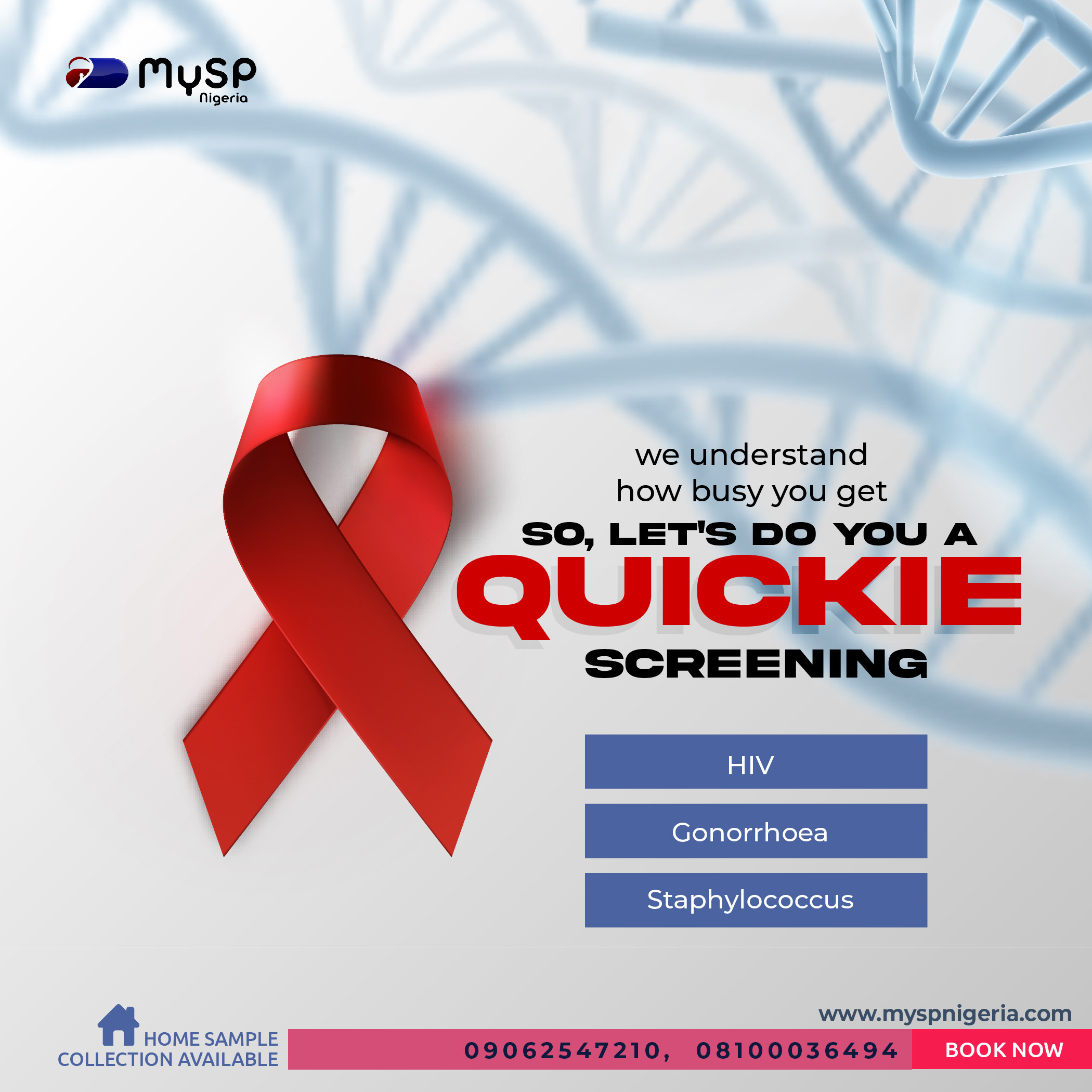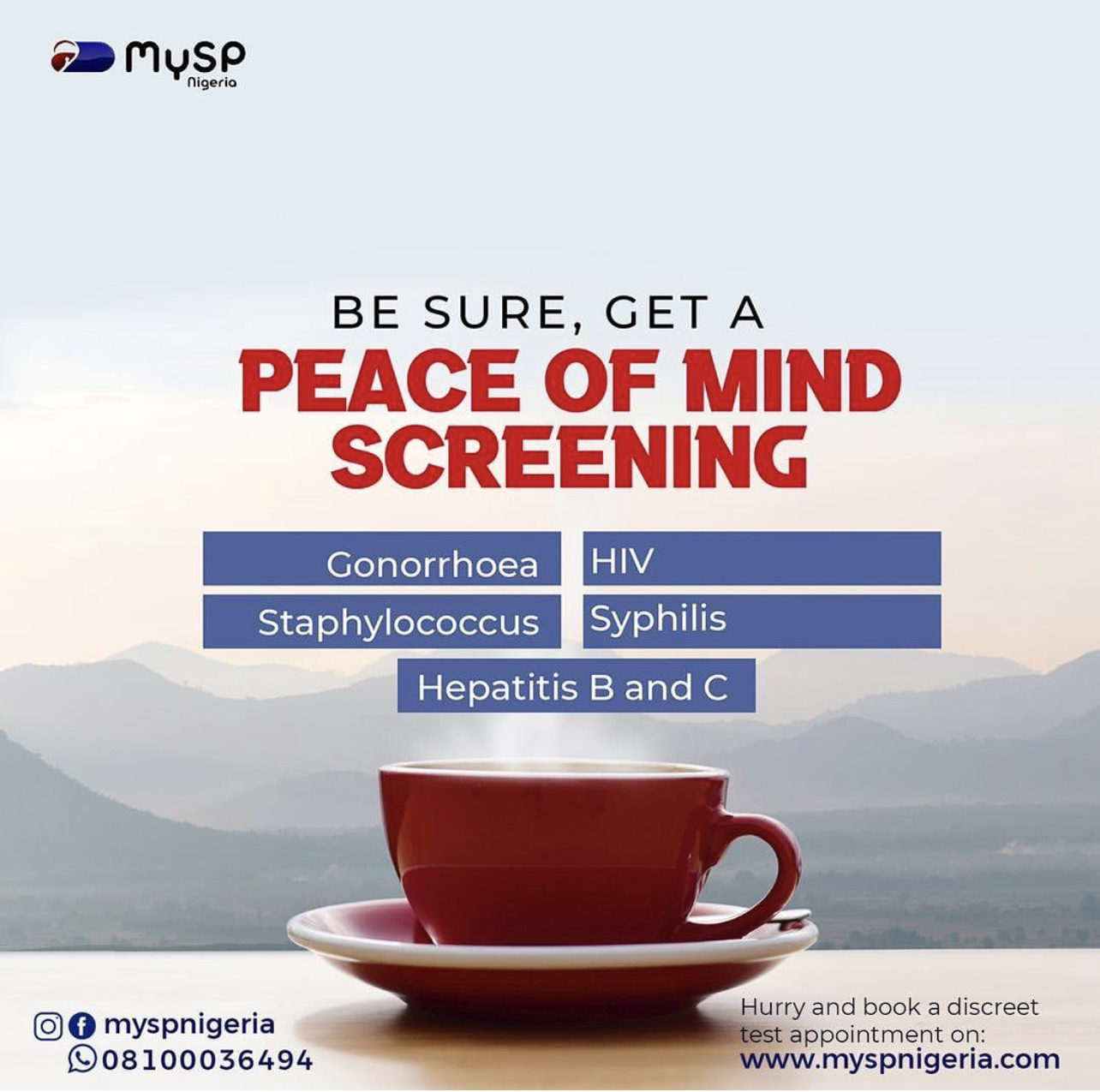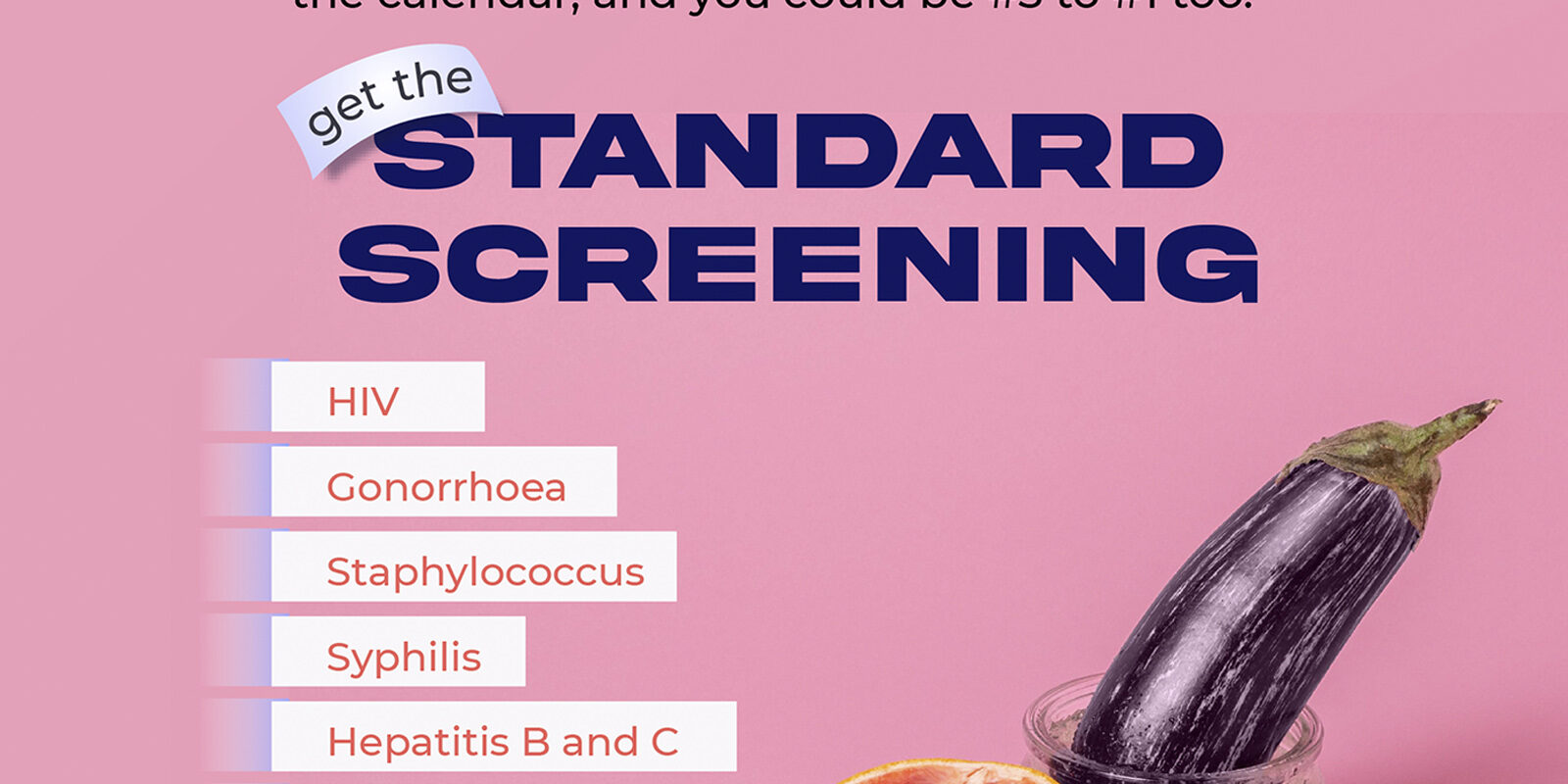Having HIV Equals Having AIDS
Myth: The CD4 immune cells in the body, which aid in disease resistance, are destroyed by the human immunodeficiency virus (HIV).
You can have HIV for years or even decades if you take the appropriate meds, delaying the onset of AIDS.
You can have HIV for years or even decades if you take the appropriate meds, delaying the onset of AIDS.
A diagnosis of AIDS (acquired immunodeficiency syndrome) is made when a person has both HIV and a few opportunistic illnesses, or when their CD4 cell count falls below 200.
You can contract HIV through casual contact
Fact: It is a fact that you cannot contract or spread HIV by hugging, sharing a towel, or drinking from the same glass.
HIV transmission through blood transfusions is extremely uncommon because the blood supply is thoroughly screened.
However, unprotected intercourse, sharing needles, and getting a tattoo using non-sterile equipment are all ways to contract the disease.

Book a Screening Test Today
You Have Just a Few Years to Live
Myth. The reality is that many people can live with HIV for years and have a normal or almost normal lifespan thanks to the HIV medications that are now widely available.
By seeing your doctor frequently, taking your prescribed medications, and adhering to your doctor’s instructions, you can help prevent HIV from developing into AIDS.
You Can Know if you have HIV from symptoms
Myth. Some people have HIV for years before exhibiting any symptoms. But many people can experience some symptoms 10 days to a few weeks following infection.
The flu-like or mononucleosis-like initial symptoms can include fever, swollen lymph nodes, sore throat, rash, and muscle aches.
The symptoms typically go away within a few weeks, and it may be years before you experience them again. The only means of communication
HIV Is Treatable
Myth: HIV is now incurable, however medication can manage viral levels and support immune system maintenance.
Some medications prevent HIV from copying itself by interfering with proteins, while others prevent the virus from accessing immune cells or introducing its genetic material there.
Everyone with HIV should begin therapy. The term “antiretroviral therapy” refers to these medications. What medicine combination is best for you can be determined by your doctor.
AIDS Can Affect Anyone
Fact: More than 15,000 people with HIV die each year in the United States, where around 38,700 persons are diagnosed with the disease.
Men, women, children, homosexual males, and straight men can all contract HIV. Each year, there are roughly 25,700 new cases of HIV detected in men who have intercourse with other men.
About 6,100 new diagnoses are in women. Comparatively speaking to people of other races and ethnicities, African-Americans continue to carry the greatest HIV burden.
Sexual Contact Is Safe If Both Partners Have HIV
Fact: Sexual Contact Is Safe When Both Myth. You shouldn’t disregard protection when having sex just because you and your partner both have HIV.
You can help safeguard yourself against other STDs and other strains of HIV that might be resistant to anti-HIV drugs by using a condom or other latex barrier.
You can still be able to spread the disease even if you are receiving treatment and feel well.

Book A Screening Test Today
You Can Have a normal Healthy Baby if You Are HIV-Positive
Myth: HIV can be transmitted to babies by infected moms during pregnancy or childbirth.
By working with your doctor and receiving the appropriate treatment and medicines, however, you can reduce the risk. HIV-positive women who are pregnant can take drugs to treat their condition and to help shield their unborn children from the virus.
Other HIV-Related Diseases Cannot Be Prevented
Myth: Infections include pneumonia, TB, candidiasis, CMV, and toxoplasmosis can affect people with HIV. Utilizing HIV drugs is the best strategy to reduce the danger.
In addition to antiretroviral therapy, people with advanced HIV infection (AIDS) can avoid certain of these illnesses using particular medications.
By staying away from undercooked meat, polluted water, and litter boxes, you can reduce your exposure to these infections.







1 Comment